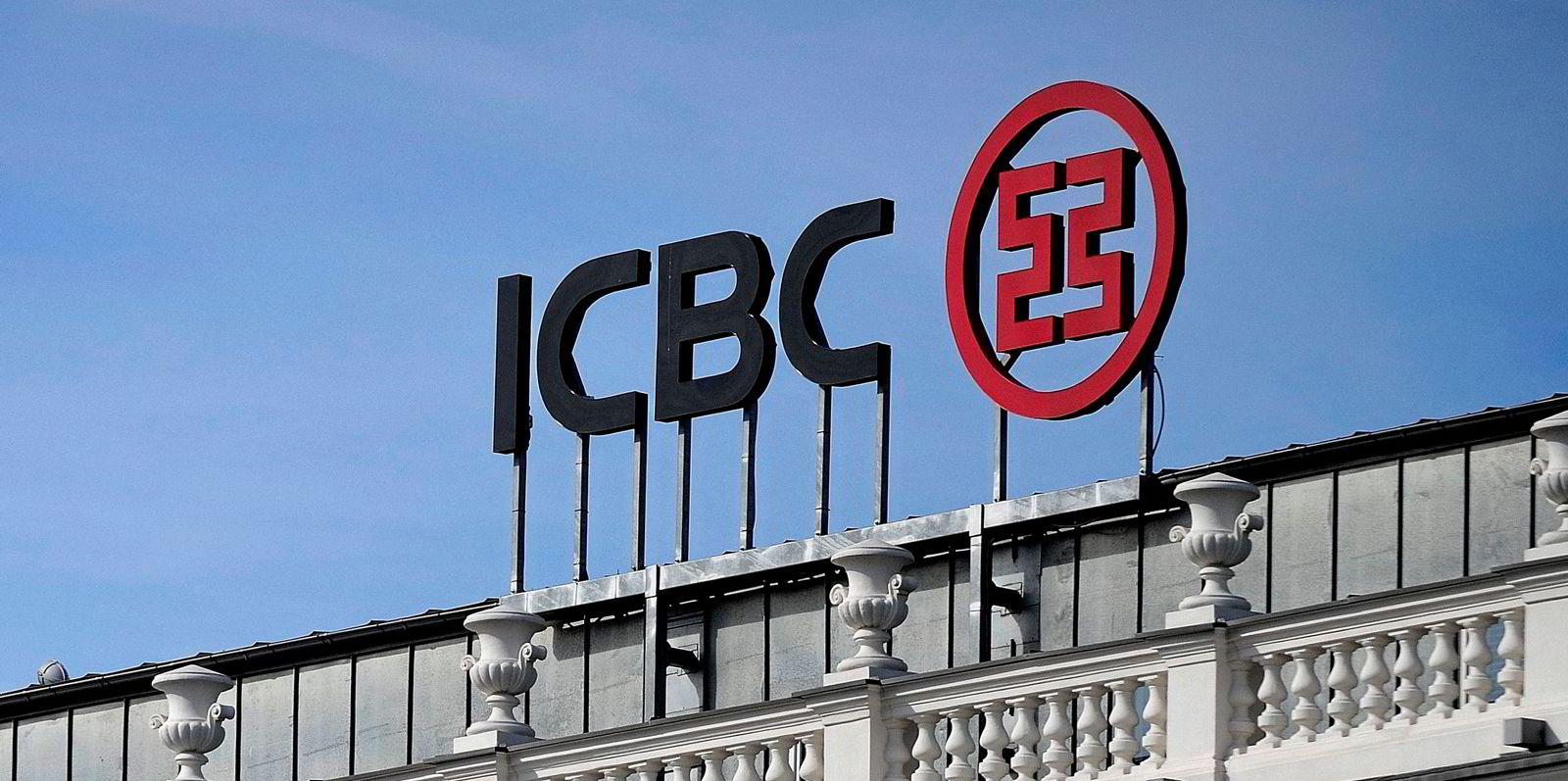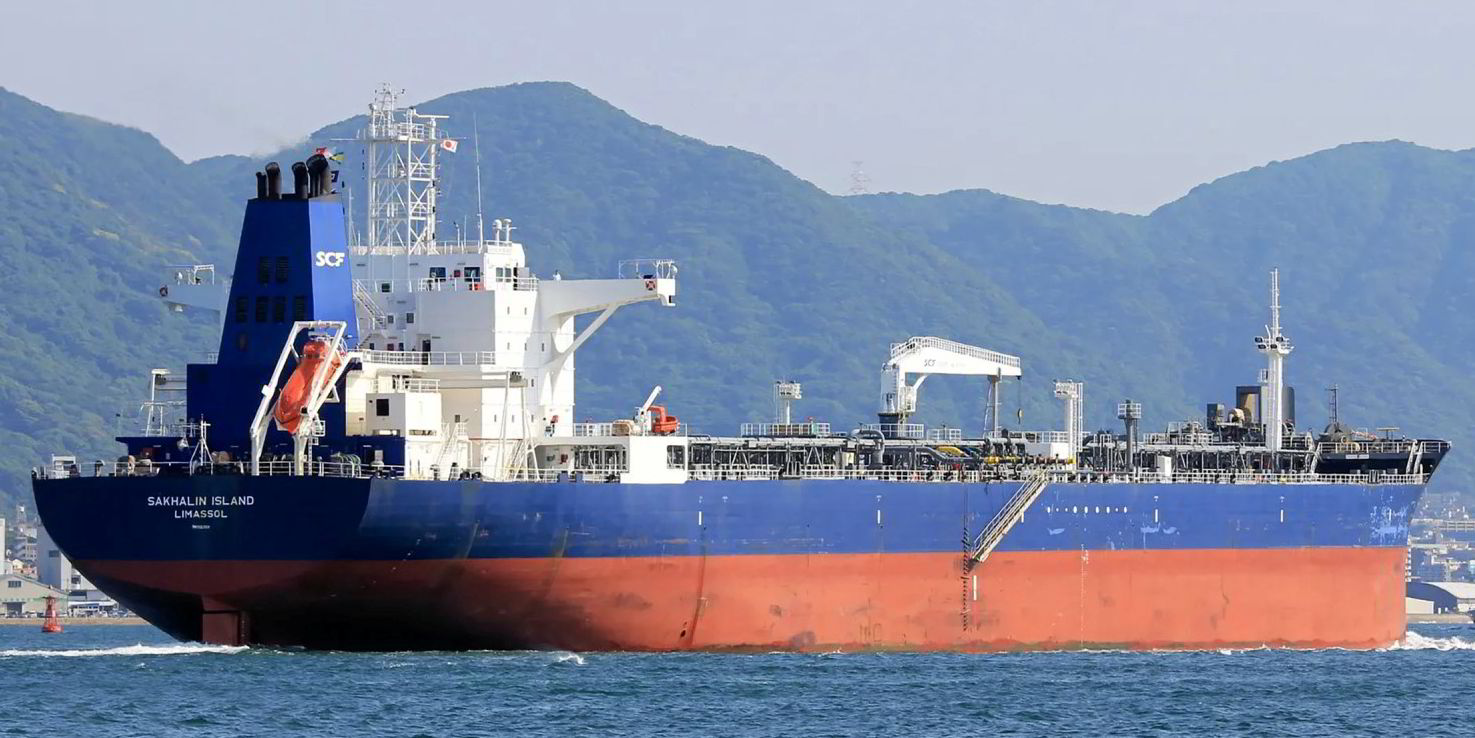The continued US crackdown on Russian oil trades has some banks in friendlier locales thinking twice about processing payments.
Banks in China, Turkey and the United Arab Emirates have become more cautious in recent weeks, raising sanctions requirements and delaying — or outright rejecting — money transfers to Moscow, concerned they might be caught up in US sanctions, Reuters reported on Wednesday.
The newswire cites eight banking and trading sources that said banks are now requiring clients to provide written guarantees that no one already on Washington’s blacklist is the beneficiary of a payment.
It said Emirati banks First Abu Dhabi Bank and Dubai Islamic Bank have suspended accounts for allegedly trading Russian oil, while processing payments through UAE-baed Mashreq, Turkish banks Ziraat and Vakifbank and China’s ICBC and Bank of China can take weeks or months to process.
All three countries have been active in Russian oil trading, with shipping companies involved walking a tightrope due to the G7 price cap.
The measure allows the purchase of Russian cargoes so long as crude is below a $60 per barrel cap, products trading at a discount to crude are below $45 per barrel and products trading at a premium to crude at $100 per barrel.
Cargoes below those prices are clear to use mainstream shipping services, while those sold at higher rates are forced onto ships in the so-called “dark fleet” with nontraditional insurers.
The goal is to keep the global energy market intact while preventing Russia from financing its invasion of Ukraine.
The UAE is host to several owners and managers willing to lift Russian cargoes. Turkey is home to managers caught in Russian trading, as well, while China has been a frequent buyer of Russian crude.
The move follows guidance from the US in December that violations of the price cap would lead to blacklistings.
In February, the US slapped sanctions on 14 Sovcomflot tankers and connected companies, leading the company to admit earlier this month it has been suffering “operational difficulties”.




